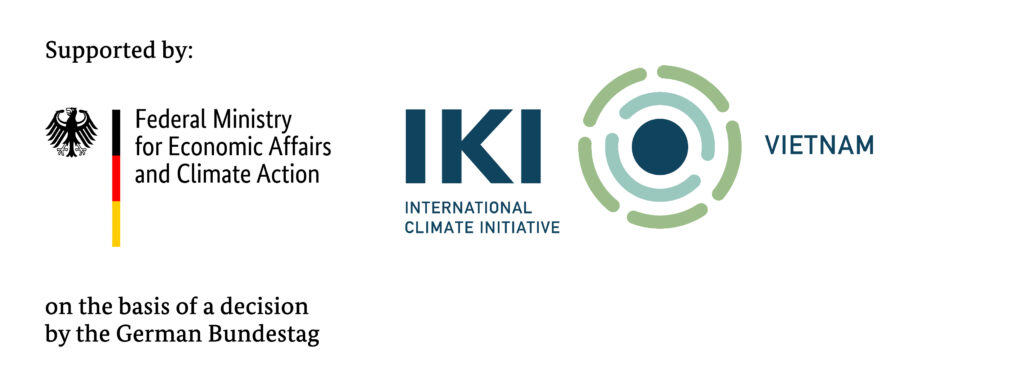The Policy Advice for Climate Resilient Economic Development (CRED) program supports the three pilot countries Georgia, Kazakhstan and Vietnam in the development of human and technical capacities in the economic and planning ministries, subordinate sectoral authorities as well as in the institutes in charge of economic modelling. Each country uses a modelling approach and the modelling results to advise the relevant ministries in making actionable recommendations for systematic adaptation measures at national, regional and sectoral strategies and policies, supporting for the implementation of NDC goals and national adaptation plans (NAPs).
Together with the International Institute for Sustainable Development (IISD) the CRED program published the Practitioners Guide “Using Climate Economic Modelling for Sustainable Development” in May 2021. This guide is based on the experience of developing a Dynamic General Equilibrium Model (DGE-CRED) in Vietnam and a Dynamic Input-Output Model E3.ge in Georgia and E3.kz in Kazakhstan respectively. It offers a framework to help economic advisers in central and sectoral government ministries to integrate climate economic modelling results in economic development processes, with the ultimate objective to support climate-resilient economic development. The guidance note illustrates numerous opportunities to integrate climate modelling results along all steps of the economic development policy cycle, from planning to budgeting and financing, implementation, and monitoring, evaluation, and learning.
It will be applied in cooperation with political decision makers in the three pilot countries. Additional documents will be developed soon. This includes country briefs analyzing the country specific policy requirements to integrate economic modelling of climate change into decision making. Furthermore, policy briefs will capture the results of the economic modelling of climate change and offer country specific recommendations for climate-resilient economic development.
For more information check the CRED factsheet, the CRED project brief and the newly practitioner’s guide.
